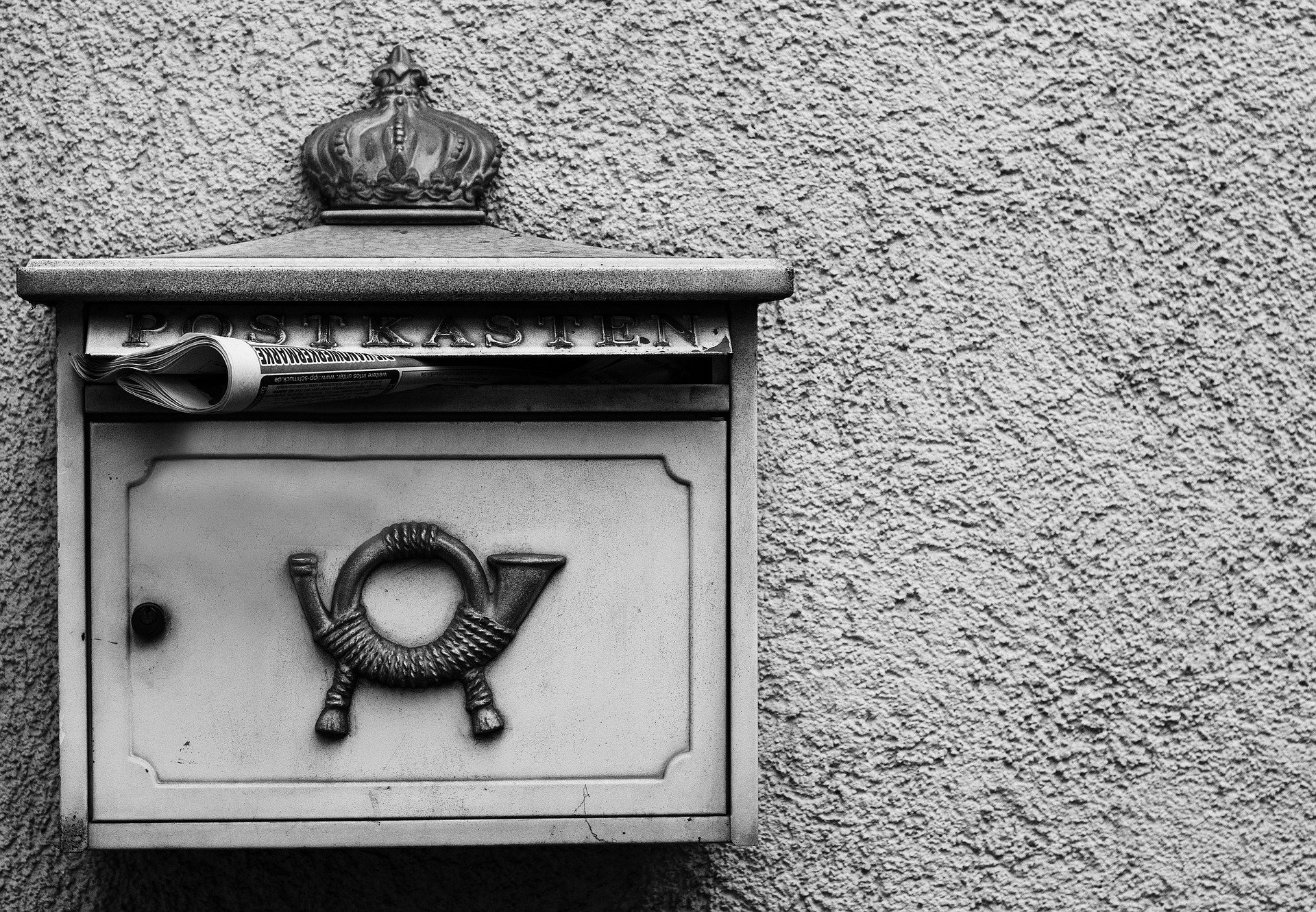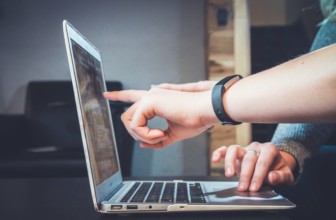Why Hackers Want to Get Into Your Email Account

Most people don’t worry much about getting hacked. It’s one of those things that happen to other people, right? It’s easy to dismiss the risk and assure yourself that there’s no reason for a cyberattacker to target you specifically.
But nothing could be further from the truth. You may not realise it, but your humble email inbox is a goldmine for cyber attackers looking for potential data breaches. We now live a big part of our lives through our inbox, with things like photos, contracts, invoices, tax forms, reset passwords emails, sometimes even passwords or credit card PINs, all piling up in our accounts.
What’s more, our email address has evolved into a sort of ID: we use it for logging in to our digital services, bank accounts, social networks, work accounts, online stores and much more.
By simply breaching your inbox, a malicious hacker can easily get the keys to almost your entire digital life. And they won’t just stop at stealing your money. They can use your info to carry out illegal financial operations in your name, misuse your credit card details, open bank accounts in your name, take out loans, and even blackmail you. The worse part of it is, you may not even realise it’s happening. Most victims of identity theft don’t even realise they’ve been scammed until its too late, and even then have no idea about who attacked them or how.
Let’s take a look at some of the things that might be sitting in your inbox which hackers would love to get their hands on.
Scanned IDs and records
Think of all the possible ID and documents you might have in your emails. Driver licence scans, passport scans, bank statements, insurance documents, medical histories, plane or train tickets, the list goes on and on. All of which can be extremely useful for a hacker who wants to use your information to create or sell a fake digital identity at your expense.
Contracts and invoices
Contracts almost always contain confidential information that you wouldn’t want anyone else to see. They could contain sensitive details about clients, customers, employees, properties, tax information and countless other bits of information that could be very valuable for hackers. Imagine the damage they can do if they got their hands on those. Even older contracts hold details that could quite valuable on the black market.
Personal conversations and photos
Have you ever wondered what would happen if your private conversations were ever leaked online? If you’re the CEO of a company or a public figure, it can be a career-ending and company-destroying disaster. Even if you’re not a high-profile individual, your photos can also be used for identity theft or extortion.
Your contacts
When your email gets compromised, it also puts all your contacts at risk. Information on business associates, clients, colleagues, friends and family are all up for grabs, which attackers can use for identity theft or sell on the dark web to spammers. And it’s not just their email addresses that get leaked. We’re talking about email addresses, phone numbers, even physical addresses of their homes and their workplaces.
How to keep cybercriminals out of your email account
1. Watch out for phishing scams
According to ACCC’s Scamwatch, Australians lost more than $1.5 million to phishing scams alone in 2019. If you get an unexpected email or text from a company you don’t have dealings with or from a government agency, never click on the link in the message. It could be a phishing scam. To be safe, open a new browser window and type in the address directly. Better yet, call them on their official number and ask if they sent out that message.
2. Update your passwords
Make sure you’re using strong passwords and make sure to update them regularly. Never reuse your passwords for other sites or accounts, and never share your passwords with anyone.
3. Use multi-factor authentication
Use multi-factor authentication wherever you can. Using biometrics or text verification along with your usual login can greatly reduce your risk of getting hacked.
4. Protect yourself with online security tools
Make sure all your software and devices are always up-to-date and use reputable antivirus and anti-malware tools, along with firewalls, to keep your defences strong. Scamwatch has a great guide on detecting and protecting yourself from identity theft.
Conclusion
These few simple steps can go a long way in protecting you from getting hacked. Your email account is more than just a mailbox; it’s a private safe that contains some of your most valuable information, and it’s well worth putting in a little bit of extra effort to make sure it stays secure.
Author: Dan McDermott
Dan is a 20 year veteran of the ICT industry working for global and local vendors in bringing new and innovative technologies to market in the ANZ region. During his career, Dan has been passionate about bringing a local voice and insights to global technology challenges. As the Editor of GetCyberResilient.com, Dan casts a keen eye across the hot topics, trends and pulse of local security practitioners to curate stories from near and far that are most impactful in addressing our evolving risks.





